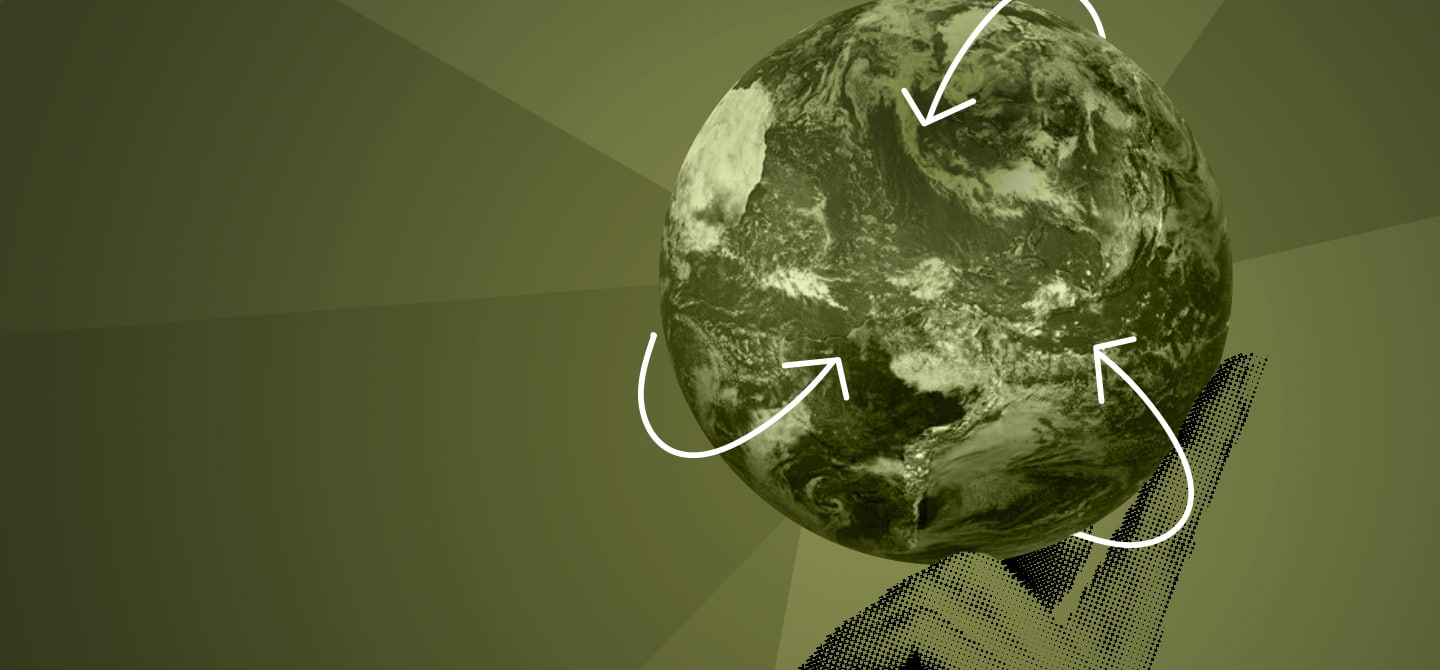A set of international standards is being prepared to provide a clear definition of the circular economy, to set out how the transition to this model is to be made and to measure its successes. Catherine Chevauché is leading the committee developing this set of ISO standards to help organisations make the transition from a linear to a circular economy. She has been working for a long time on the contribution to carbon neutrality of industrial activities, notably in the water and waste sector, first within the Suez group and is now Director of Circular Economy at Veolia.
When did this desire to apply standards to the circular economy come about?
In France, it was in 2018 that the French Association for Standardisation (Afnor) published a first standard on circular project management, on an experimental basis. Following this, France proposed to ISO, the International Organisation for Standardisation, to create a technical committee to draft international standards on the circular economy. At the time, I was responsible for climate and the circular economy at Suez and I applied to head this committee, which was created in 2019. Today, 96 countries and some fifteen liaison organisations (Ellen MacArthur Foundation, United Nations Industrial Development Organisation, World Customs Organisation, etc.) are participating in the drafting of these standards.
What framework is needed when we talk about the circular economy?
Just as there are ISO 9000 standards for product quality, or ISO 14000 standards for environmental management, we will have a series of 59000 standards on the circular economy. The first one (59 004) will give the main principles that organisations must integrate to move from the linear economy (extract, manufacture, consume and throw away) to the circular economy (avoid, repair, reuse and recycle): sharing value, conserving value, minimising resource extraction from the environment, staying within planetary limits, etc. And this applies to all organisations, whether they belong to the public or private sector, whether they are associations or companies.
Standard 59 004 will provide the main principles for moving from the linear economy to the circular economy.
A second standard (59 010) will address the transition from a linear to a circular business model, adopting a partnership mindset rather than traditional customer/supplier relationships. The 59 020 series will propose indicators for measuring and evaluating the circularity of products and organisations. Finally, two other standards (59 040 and 59 014) will model product sheets, which will provide a better understanding of their composition in order to better recover and process secondary materials. All these different standards should be published in 2024.
How can consensus be reached between countries on these issues?
It is essential to ensure that the standards are fair and relevant to all countries. To do this, we rely on a balanced geographical distribution of the leadership of the different working groups. One group is co-chaired by France and Brazil, another by Rwanda and Japan, another by Switzerland and Mauritius, etc. At each stage, we proceed through consultations and intermediate votes. Of course, there are sometimes complicated arbitrations, such as on the issue of incineration with energy recovery.
But the committee must act quickly to respond to the environmental and social emergency. This is why we are working in parallel on these different standards, so that we can publish them quickly and at the same time. Then we will have to look at the issues of certification and monitoring compliance with these standards.
Is there an obligation to comply with these standards?
No, the adoption of ISO standards is always voluntary. But in this case, we can hope that many countries will take up the issue, and we hope that the same process can be set in motion at European level. In any case, this work of reflection and drafting is already forcing each of the players to ask themselves these questions, to realise the impact of their activity on the environment without forgetting its societal impact, and, I hope, to act in a more responsible manner.
A digital passport to product sustainability coming soon
The European Commission has developed an Ecodesign Regulation (ESPR) to improve the circularity of EU products, energy performance and other aspects of environmental sustainability. In this framework, it is working on the development of a Digital Product Passport (DPP). This digital passport will provide information on the origin, composition, repair and disassembly options of a product and how individual components can be recycled. This passport will be required for all products placed on the market in the EU, including components and intermediate products. Only a few product categories such as food, feed and medicinal products are exempted. It will make it easier for stakeholders in the whole value chain (producers, importers, distributors, repairers, recyclers, consumers, etc.) to share and access this data.








